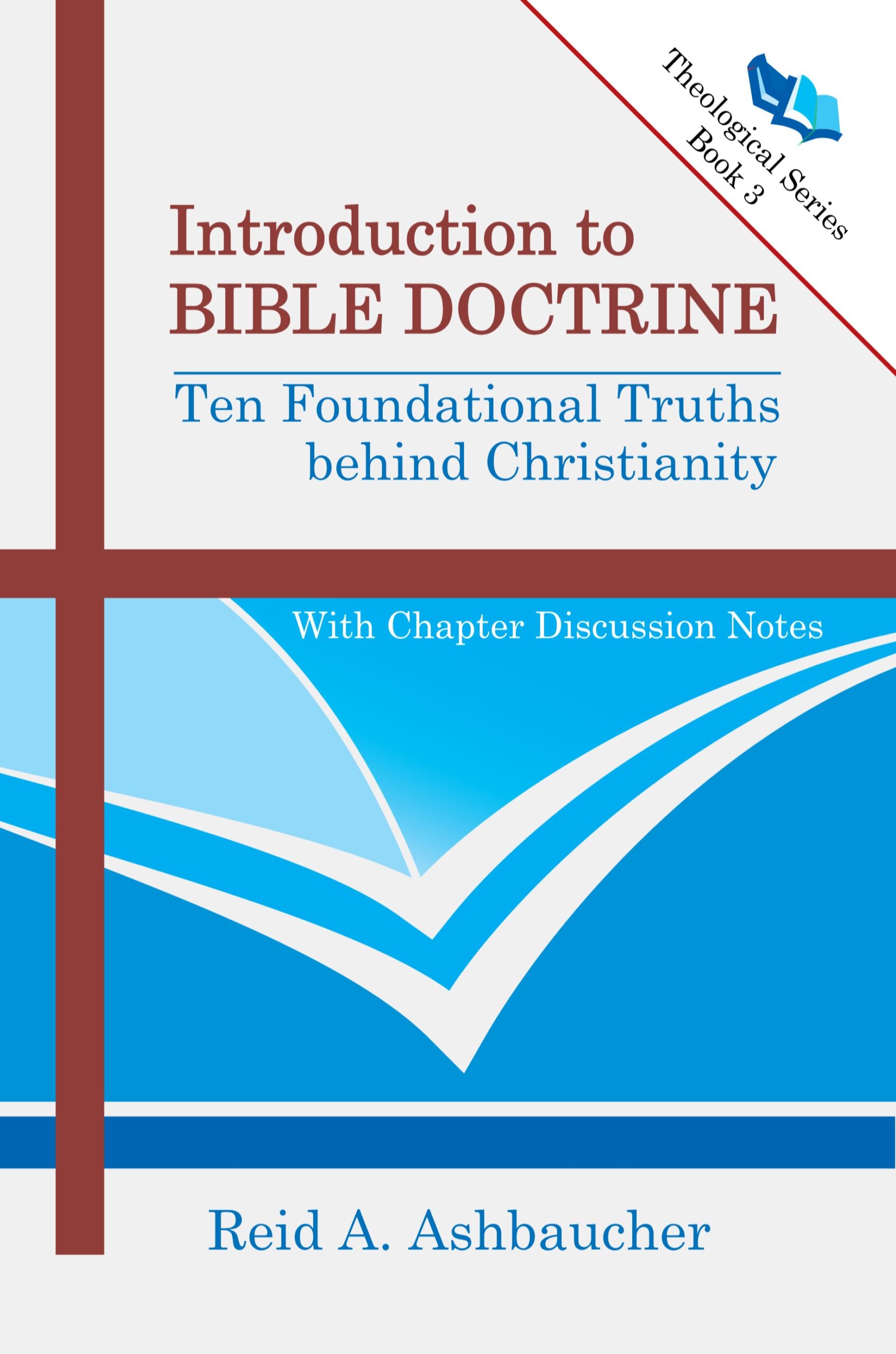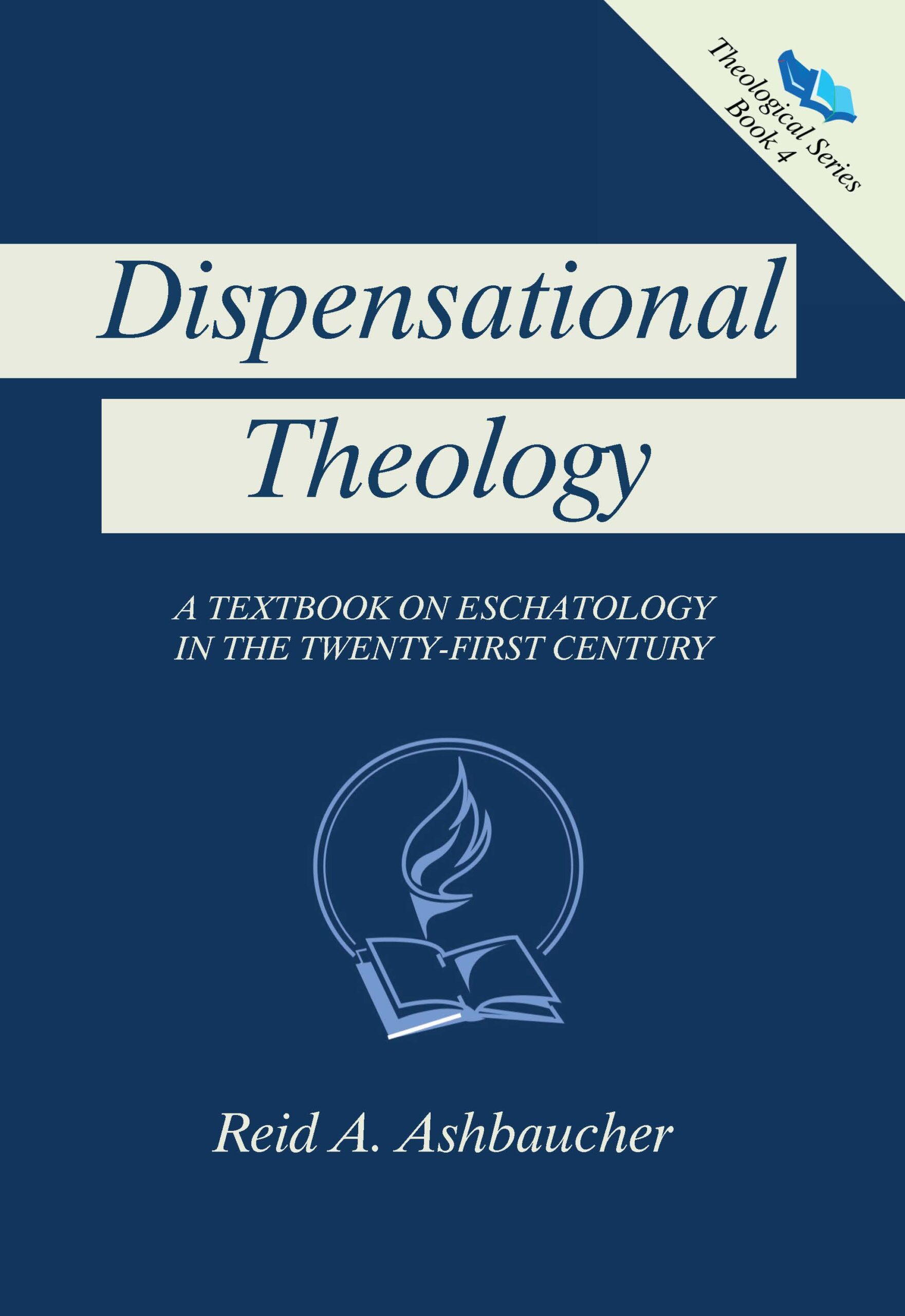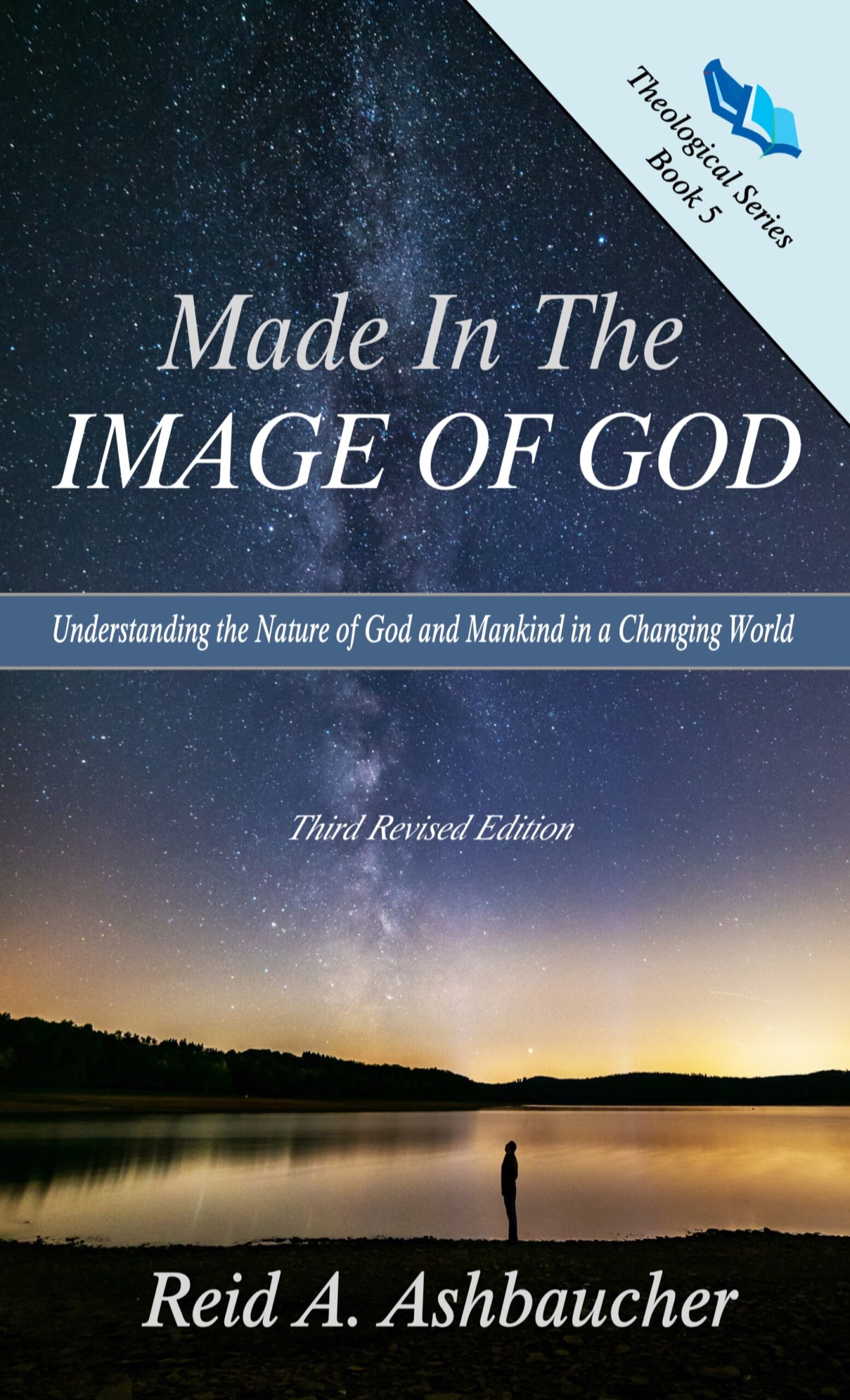by Morris Inch
10/21/14
Why Take the Church Seriously? is the third in a series I authored over a span of about five years. The previous texts focused attention on Scripture and Jesus. This latest addition seems pertinent not only for professed Christians, but others considering the claims of Christ. In this regard, one would be well advised to reflect on Alvin Schmidt’s more extended discussion in Under the Influence: How Christianity Transformed Culture.
As noted in a previous review article, we were not a church going family. Early on, mother supervised my prayers. These might include The Lord’s Prayer, prayer on behalf of others, and the brief petition: “Now I lay be down to sleep, I pray the Lord my soul to keep, and if I die before I wake, I pray the Lord my soul to take” (pp. 5-6). As for the first of these, I questioned the meaning of some aspects of the prayer. This led my mother to solicit the input of my elder sisters, which failed to clarify its meaning for me.
As for the intercession for others, these for the most part consisted of family members and friends. If someone else, less likely as a continuing practice. As for the third exercise in prayer, this disturbed me. Since it allowed that I might not survive the night, and failing to do so, my destiny was not assured. So that while well meaning, I found it unsettling. So life appeared to me at the time. I began to genuinely appreciate the corporate nature of the Christian faith during World War II. A group of us would meet in a small building attendant to the flight line. There we would read Scripture, pray, and share our experiences. It translated for me into the difference between managing somehow and doing so confidently. Although my subsequent experience has been exceedingly diverse, one instance especially comes to mind. While teaching in Nigeria, I was invited to participate in the ordination service of a young candidate for the ministry. In this connection, several of us placed our hands on his bowed head. As I looked down, there were a number of small black hands, and one large white hand—my own. It was then that I sensed the awesome reality of the church universal.
Upon further reflection, several observations seem warranted (p. 15).
(1) We can be assured that the church will prevail because of its distinctive association with Christ. It is his work, and he builds for eternity.
(2) Notwithstanding, the church is a work in progress. Peter was not unique in this regard. He is more representative of the church than we may realize.
(3) There is a sense in which the church is never stronger than when it recognizes its limitations. In this regard, Paul was admonished: “My grace is sufficient for you, for my power is made perfect in weakness” (2 Cor. 12:9). Consequently, the apostle concluded: “Therefore I will boast all the more gladly about my weaknesses, so that Christ’s power may rest on me.”
(4) There is a resiliency to the church that belies what sometimes seems to be a lack of spiritual vitality. This is a testimony to its bountiful resources in Christ, and the restoring power of forgiveness.
(5) For these and other reasons, we ought not to write the church off categorically.
At its best, the church provides a point of divine leverage for a world threatened with oblivion. “The Christian church was founded upon a story of a people’s experience with Jesus and a vision of God’s reign in human history. Throughout the church’s history this story has formed and transformed, sustained and challenged the community’s faith and life” (Louis Westerhoff III, Living the Faith Community, p. 27). More succinctly, the church retains a privileged memory concerning salvation history, and a transforming vision of God’s eventual triumph over the forces of evil.
“The coming lordship of the risen Christ cannot be merely hoped for and awaited,” Jurgen Moltmann concludes. “This hope and expectation also sets its stamp on life, action and suffering in the history of society. Hence mission means not merely propagation of faith and hope, but also historical transformation of life” (Theology of Hope, pp. 329-330).
This serves in a dual capacity. First, it precludes all utopian presumption. Such as that associated with communist ideology. Man cannot achieve on his own that which requires God’s involvement (p. 27). Second, it cultivates piety. As noted above, the church’s mission involves more than the propagation of faith and hope; it also implies the transformation of life. Consequently, Peter admonishes: “You ought to live holy and godly lives as you look forward to the day of God and speed its coming” (2 Peter 3:11-12). As for hastening the time of the Lord’s coming, the rabbis taught that if Israel were to keep the law perfectly for one day, the Messiah would come (pp. 27-28).
“The church’s mission (as servant) is not primarily to gain new recruits for its own ranks, but rather to be of help to all men, wherever they are,” Avery Dulles observes. “The special competence of the Church is to keep alive the hope and aspiration of men for the Kingdom of God and its values. In the light of this hope the Church is able to discern the signs of the times and to offer guidance and prophetic criticism” (Models of the Church, pp. 97-98).
Implied by this line of reasoning, the church best serves by being true to itself. Its expertise concerns the Kingdom of God and its values. It should not pontificate in matters that lie beyond its competence (p. 37).
“The mission of the Church is to proclaim that which it has heard, believed, and been commissioned to proclaim. This model looks upon the Church as a herald—one who receives an official message and the commission to pass it on” (Dulles, op. cit., p. 76). “Now, brothers, I want to remind you of the gospel I preached to you, which you received and on which you have taken your stand. By this gospel you are saved, if you hold firmly to the word I preached to you,” Paul allows. “For what I received I passed on to you as of first importance that Christ died for our sins according to the Scriptures, that he was buried, that he was raised on the third day according to the Scriptures” (1 Cor. 15:1-4). And subsequently appeared to those who bear witness to as to what transpired.
The text continues to explore the church in terms of fellowship, as an earnest, catalyst, liberator, militant, institution, concerning counterfeits, and as mystery. In the last regard, the mystery of Christ denotes the gospel in its fullness. In particular, the sharing of Gentiles and Jews in God’s promises (pp. 127-128). In these and other ways, we are encouraged to take the church seriously.










